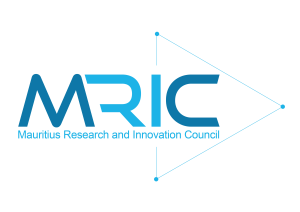
This course is the second of a series within the capacity building programme of the NEREUS project funded by the United Nations Development Programme (UNDP) Ocean Innovation Challenge (https://oceaninnovationchallenge.org/).
The NEREUS project, led by the Surrey Space Centre (SSC) in collaboration with the Mauritius Research and Innovation Council (MRIC), is developing a tool for the detection of anomalies in satellite data that could be related directly to Illegal, Unreported and Unregulated (IUU) fishing activities. Detection is performed by a Machine Learning engine using maritime satellite data mainly from Synthetic Aperture Radar (SAR) and self-reporting data like the Automatic Identification System (AIS) data. Below is a schematic diagram depicting the concept.

Examples of the outputs of the monitoring tool will be products identifying areas where ships frequently do not report their presence over some period of time. When this information will be further combined with ancillary data, like borders of Exclusive Economic Zones (EEZ) and Marine Protected Areas (MPAs), record of authorized fishing vessels etc., the products can support the detection of IUU fishing activities with obvious environmental, economic and societal benefits for local communities. Thus, the system will contribute towards improving Maritime Domain Awareness in the Mauritius EEZ and will be used by the relevant authorities to take informed decisions and make appropriate and timely interventions.
By the end of the NEREUS project it would be of the utmost importance to have in Mauritius people trained to the use of satellite data and to the monitoring tool so that benefits can continue beyond the duration of the project.
Who is the training for? The training is for anyone interested in Remote Sensing and Earth Observation, with particular application to the maritime domain. Local authorities, universities, research centres, UNDP offices and everyone responsible for safety at sea, ocean health, law enforcement, maritime policies, EEZ and MPAs preservation is invited to register.
The NEREUS project is gender-sensitive and implements a participatory approach inspired by gender equality in which women are fully beneficiaries of the project as much as men. This applies to the training part as well and we encourage and support women participation.
We encourage the largest possible participation but, should we require to limit attendance for logistic reasons, we would prioritize attendees from areas and organizations directly involved with the Nereus project.
What does the training cover?
- Introduction to AIS
- Technical aspects:
- AIS components
- AIS messages
- Terrestrial and Satellite AIS
- AIS data
- AIS synergies
- Future directions
- Conclusion and Q&A

